So, we all know who this is ….
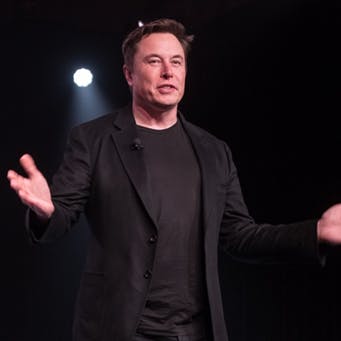
Yeah, you are right that’s Elon Musk, the cofounder and CEO of one of the most popular and profitable companies out there which is Tesla motors.
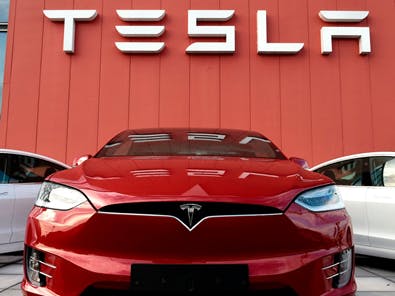
Tesla motors is one of the biggest names in automobile industry and one of its reasons is that all its vehicles run on electricity!
But……
Are electrical vehicles good?
Are they as durable as conventional fuel cars?
Are they expensive?
Do they really contribute to climate change?
Can I go on a road trip with an EV?
Should I buy one?
These are some of the common questions a person has about electric vehicles. So, let’s dive into the world of electric cars and fetch yours answers.
First let’s look at how many types of electric vehicles exist:
- Battery Electric Vehicle (BEV)
- Hybrid Electric Vehicle (HEV)
- Plug-in Hybrid Electric Vehicle (PHEV)
- Fuel Cell Electric Vehicle (FCEV)
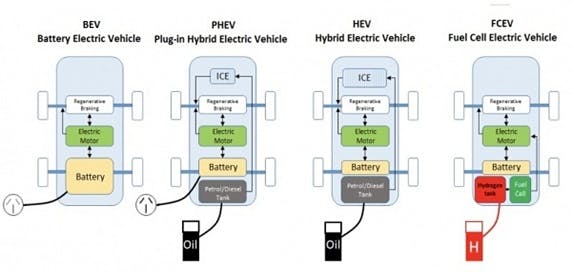
For now, we will be discussing about Battery Electric Vehicles (BEV).
1. COST:
Electric vehicles cost more than petrol or diesel-powered vehicles. While electric cars come with fewer moving parts than petrol or diesel-powered vehicles, the most expensive part is the lithium-ion battery. They account for more than 50% of the cost of the car. Repairing or replacing batteries is costly, which is one reason why they are expensive. Since the base price of the car is high, even the insurance it requires is premium. This is one of the major reasons why people are still reluctant or hesitant to buy an EV in India.
Is cost the only hurdle?
Let’s talk about..
2. RANGE:
There’s still an issue with driving range. While the most-expensive EVs can travel 400 miles (640 kilometres) or more before a top up, consumers considering more mainstream models remain anxious about how often they’ll need to recharge. Automakers and governments have become directly involved in the roll-out of public recharging infrastructure, conscious of a need to allay fears over not finding an electric pump on the go. Countries from China to Germany to Canada are building charging stations as part of stimulus measures adopted to combat the coronavirus-induced economic slump. Millions of units are being fitted on highways, in suburbs and at shopping mall parking lots, but distribution is uneven -- more than a quarter of all public connectors in the U.S. are in one state, California -- and not all chargers are compatible with every EV model. Most recharging is expected to take place at home, and that means another cost for consumers, with an average price of about $1,000 per system.
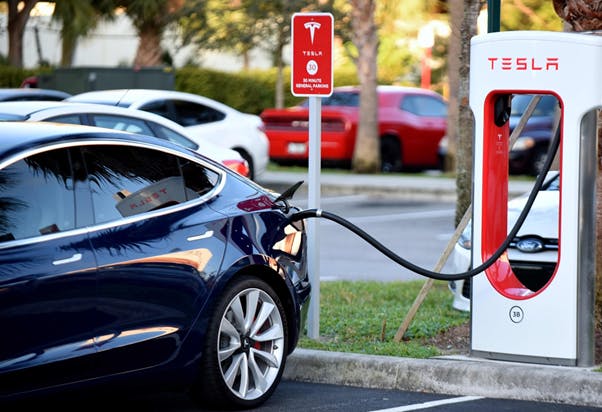
3. CHARGING:
There are three categories or types of charging:
Trickle charge: The slowest method of charging your EV at home, using a standard (three-prong) 220V plug. It is only recommended in urgent cases, with caution and consultation with electricity providers.
AC charge: Having a wallbox installed lets you charge 3-4 faster using AC Household Charging. AC Public Charging is also available.
- DC charge: The fastest way to charge your EV – at a public DC Fast charging station with power from 50kW and above. With this method you can top up your battery from 20 to 80% in approx. 40 minutes. There are also some ultra-fast charging stations that already provide more than 150kW.
One of the major drawbacks of an EV is the rate of charging. It’s is nowhere close to the speed of refuelling in fuel car. Constant research is being conducted to increase the speed of charging.
4. ELECTRIC CARS AND CLIMATE:
Research has shown that electric cars are better for the environment. They emit fewer greenhouse gases and air pollutants than petrol or diesel cars. And this takes into account their production and electricity generation to keep them running. Electric cars are green but their full green potential is still years away.
Batteries are the biggest emitter
EVs rely on rechargeable lithium-ion batteries to run. The process of making those batteries —from using mining raw materials like cobalt and lithium, to production in giga factories and transportation — is energy-intensive, and one of the biggest sources of carbon emissions from EVs today, experts said.
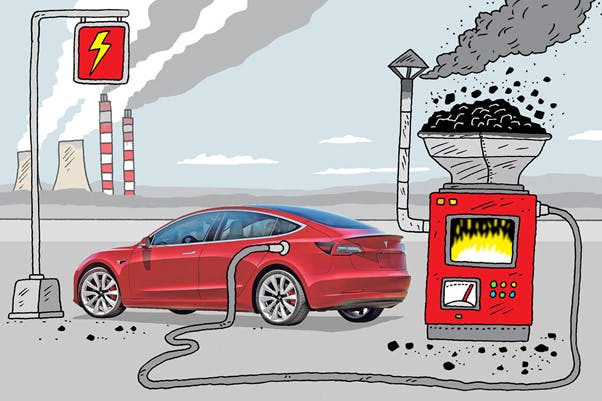
CONCLUSION
So, If you want to buy an electric car you can! But keep in mind that you will be restricted and cannot drive it as freely as a conventional fuel car. Localization of charging stations and decrement in the cost of the car will surely lead to its success. But there is no doubt that EV’s are the future so let’s not completely ignore it nor completely accept it because it has a huge scope of improvement.
Thanks for reading.
Written by: Aaqeb Ahmed Nawaz.